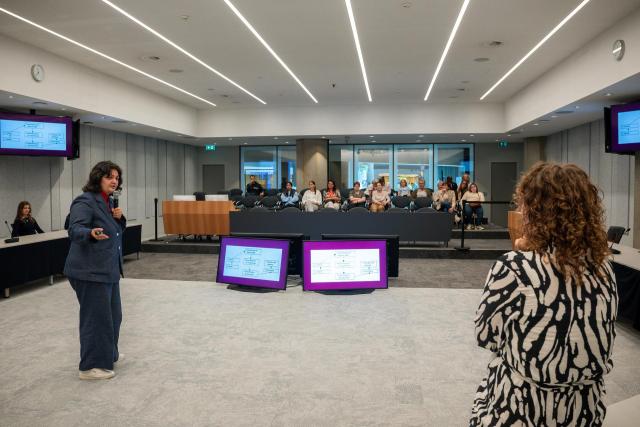The people's opinions matter
People can influence politics by expressing their opinions. By casting their votes, the Dutch have a say in how and by whom their country is run. After the elections, however, there are also opportunities to criticise and influence the actions of the government and parliament.
Individual citizens may have little influence, but when like-minded people with shared interests join forces, they have the power to put forward their ideas more forcefully. Read more about the ways in which Dutch citizens can make their opinions and ideas known to parliament.
The media
People can use the media and the internet to criticise the government and parliament. They can try to exercise influence by exposing problems and by publicly disclosing injustice and arbitrariness...
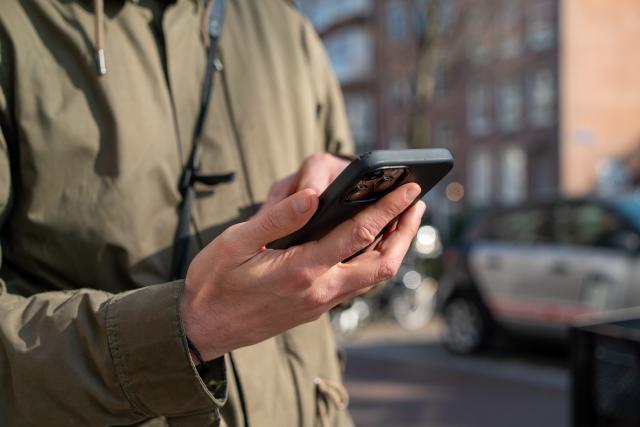
Political parties
People who share the same ideas about how society should be organised often join forces in the same political party. Political parties create a bridge between the voters and the...
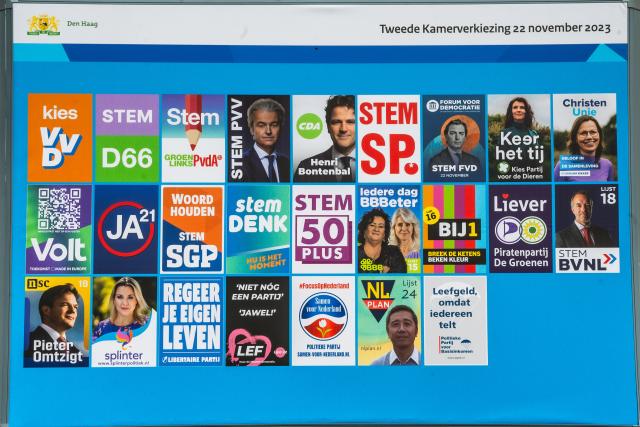
Extra-parliamentary groups: lobbies
Politicians will take into account the opinions of important movements that enjoy major public support, such as trade unions, the farming sector or the Royal Dutch Touring Club (ANWB). Some...
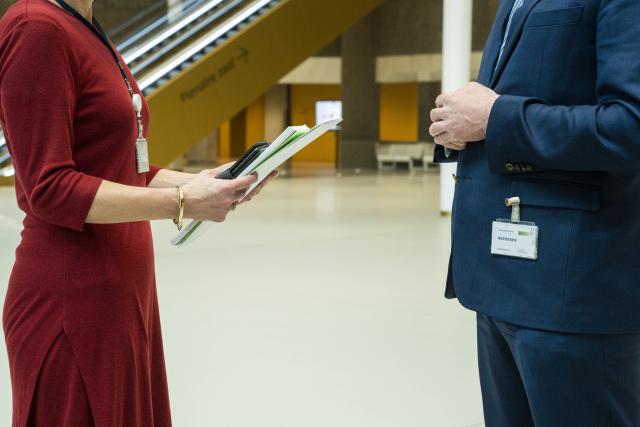
Demonstrating and campaigning
People who want a certain social issue to get widespread attention can hold a demonstration or mount a campaign
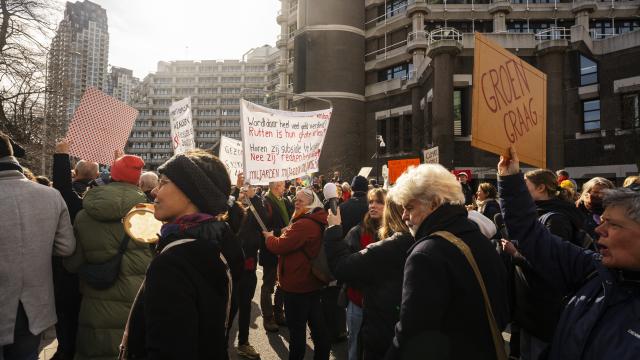
Citizens' initiative
Anyone can put an item on the agenda of the House of representatives by means of a citizens' initiative. A citizens' initiative is a detailed proposal, for instance to improve...
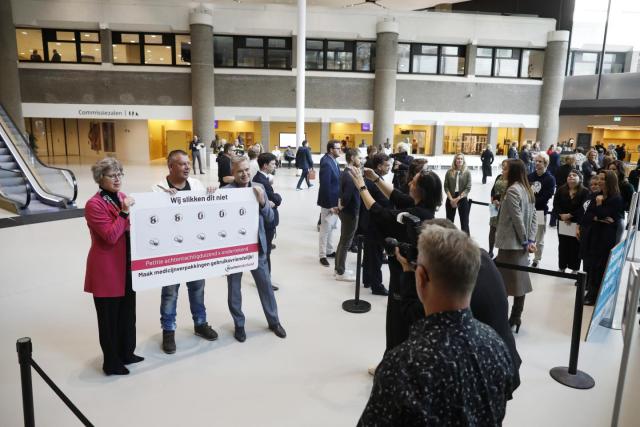
Petitioning parliament
A petition is a political request in writing, expressing a person's opinion on government policy. A petition is often presented on behalf of a group of people, following a national...
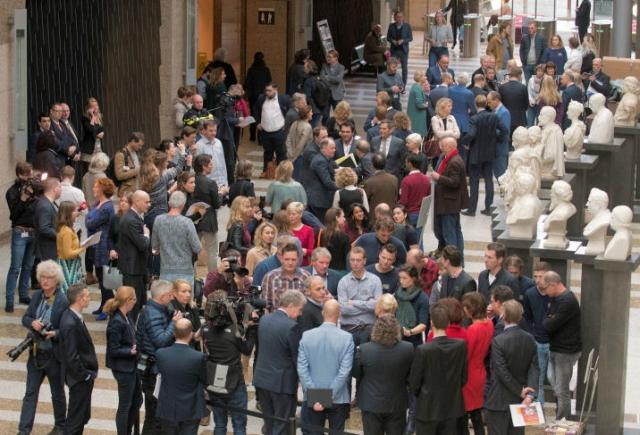
A written request
A written request or individual petition relates to an individual case in which the petitioner believes the central government has made the wrong decision.

